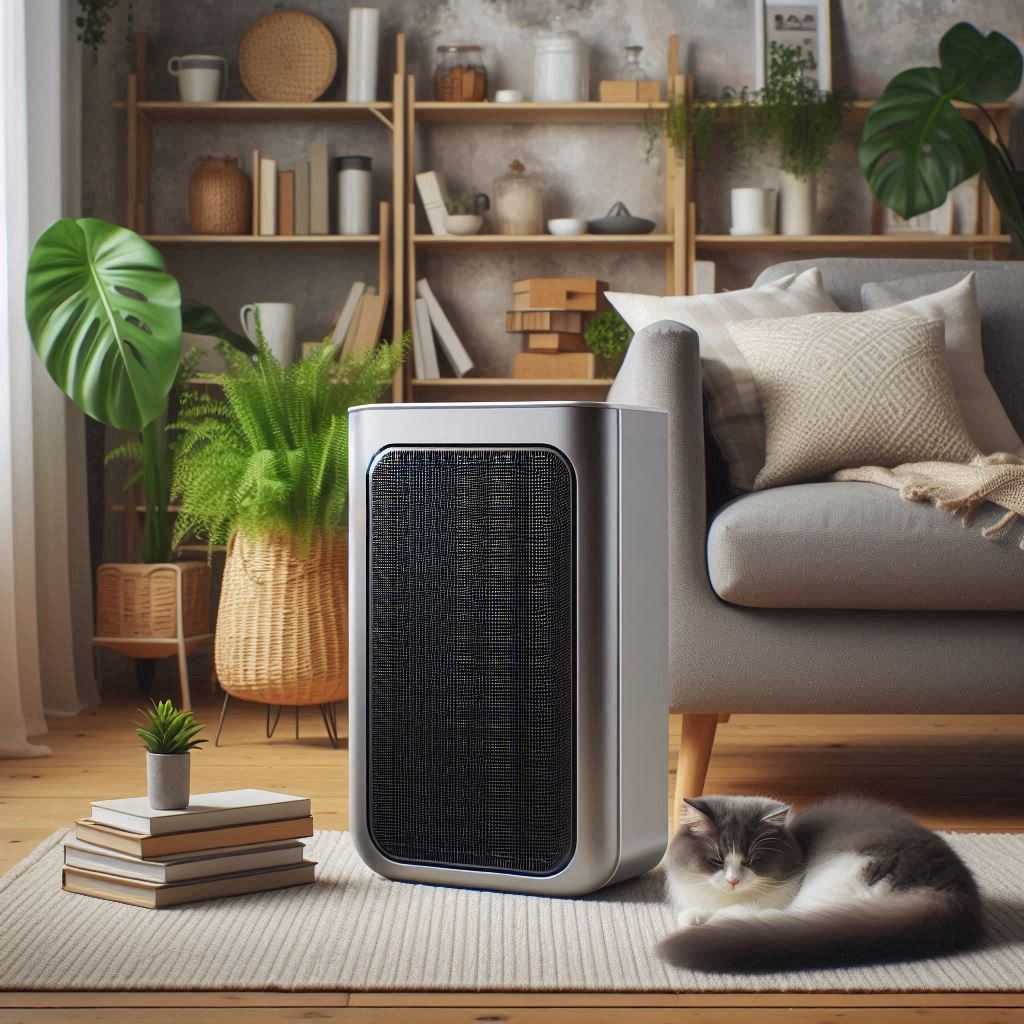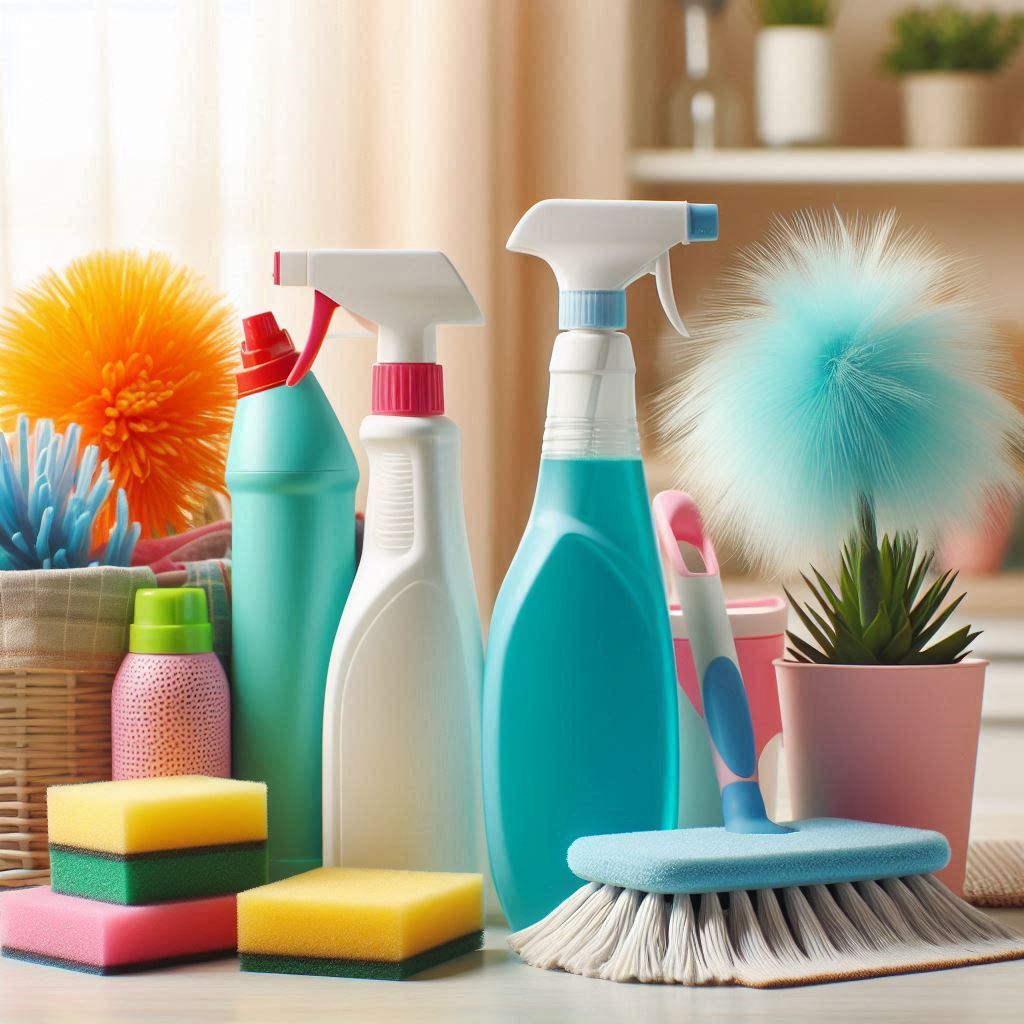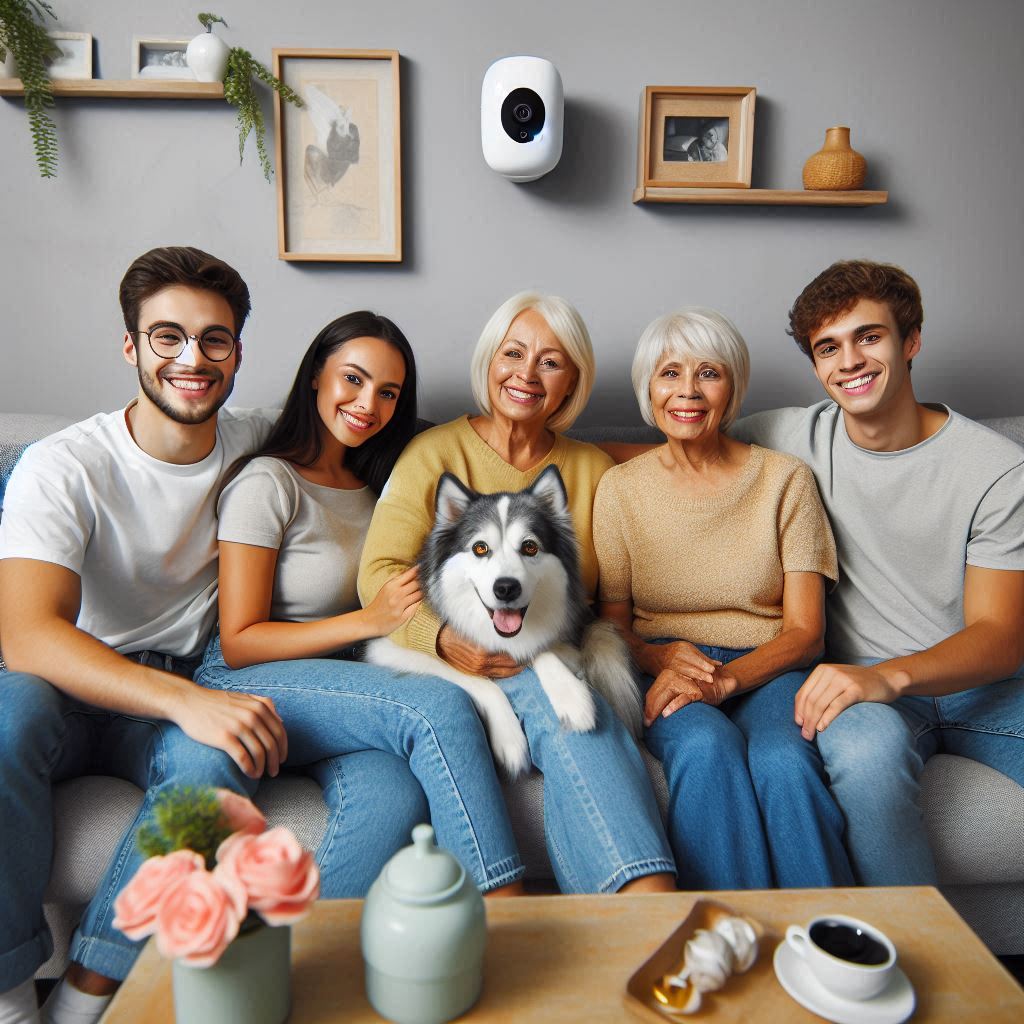Best Air Purifier for Your Home in the USA| Checkout NOW
Best Air Purifier for Your Home in the France | Checkout NOW
Best Air Purifier for Your Home in the UK | Checkout NOW
Best Air Purifier for Your Home in the Germany | Checkout NOW
Best Air Purifier for Your Home in the Italy | Checkout NOW
Clean air is key for a healthy home, especially in the spaces where we spend most of our time. The Environmental Protection Agency says indoor pollutants can be two to five times higher than outside. So, picking the right air purifier for your home in the USA is important. This guide will walk you through the many options out there.
Consumer Reports tested over 130 air purifiers to help buyers choose the best ones.Brands like Dyson, Honeywell, and Levoit also offer great options to improve your air quality.

This guide will cover the main things to think about when picking an air purifier. It will make improving your home's air quality easier and more informed.
Key Takeaways
- Understanding your indoor air quality is vital for maintaining a healthy home.
- Check the price range of air purifiers, from budget options to premium models.
- Consumer Reports offers reliable performance testing for many air purifier brands.
- Focus on features such as filter types, size, and CADR ratings when choosing.
- Air purifiers can significantly reduce indoor allergens and improve air quality.
Understanding Indoor Air Quality and Its Importance
Indoor air quality is key to your health and comfort. Bad air quality can cause health issues like breathing problems, allergies, and sinus infections. Getting good indoor air solutions is important for a healthier home. A good home air filter system is crucial in solving these problems.
The Impact of Poor Indoor Air Quality
Bad air can lead to health issues. Things like cooking or cleaning release pollutants at home. Add outdoor pollutants like pollen or smoke, and it gets worse. Using air cleaners can make your home healthier and give you relief.
Common Indoor Air Pollutants
Many pollutants can lower indoor air quality. Here are some common ones:
- Volatile Organic Compounds (VOCs) - These come from household items like paints and cleaners.
- Pet Dander - A common allergen that can cause breathing problems in pet homes.
- Mold Spores - Found in damp places, they can be a problem for sensitive people.
- Dust Mites - These tiny creatures live in furniture and bedding, affecting many homes.

To fight these pollutants, a home air filter system is key. HEPA filters can catch over 99.5% of particles as small as 3 microns. Choosing the right system is important for a healthier home. Understanding indoor air quality helps you make your home healthier for your family.
How to Choose the Best Air Purifier for Your Home in the USA
Finding the right air purifier can make a big difference in your home's air quality. It's important to know key features to make a smart choice. Look at filter types, size, and the Clean Air Delivery Rate (CADR) in reviews.
Key Features to Consider
When looking for an air purifier, keep an eye on these important features:
- Filter Type: HEPA filters catch 99.97% of particles as small as 0.3 microns. They're great for people with allergies or breathing problems.
- Energy Efficiency: Choose models that are ENERGY STAR certified. They use 27% less energy, saving you money on bills. If all air cleaners in the U.S. were certified,
- Size Appropriateness: Make sure the purifier fits your room. It should change the air in your room at least 4.8 times an hour for best results.
Filter Types: HEPA and Beyond
HEPA filters are popular, but there are other options too. Ionic and UV filtration systems are also worth considering. Each has its own benefits, so look into the air purifier buying guide to see which suits your needs best.
Size and CADR Ratings
Understanding CADR ratings helps narrow down your choices. The Consumer Electronics Association suggests the CADR should be at least two-thirds of your room size for good air cleaning. For example, the iAdaptAir 2.0 Pro is great for big rooms with a CADR of 706 CFM. Look for models tested against ANSI/AHAM AC-1 standards to trust their CADR claims.

Conclusion
Choosing the right air purifier is key to your health and comfort. It's important to know about air pollutants that can harm your space. By learning about the features of top air purifiers, like filter types and CADR ratings, you can make a smart choice.
This guide will help you find the best air purifier brands for your needs. Having clean air at home is crucial for your family's health. It's not just a choice, but a must for well-being.
Buying a quality air purifier means better air quality at home. Make a smart choice today for a healthier living space. Pick from the many models out there, ensuring you get one of the top rated air purifiers for your lifestyle.
FAQ
What is the importance of having an air purifier in my home?
An air purifier keeps your indoor air clean. It cuts down on allergens, breathing problems, and health issues. It removes dust, pet dander, and harmful chemicals from the air.
How do I know which air purifier is best for my room size?
Look at the Clean Air Delivery Rate (CADR) of the air purifier. Make sure it fits your room's size for the best cleaning. Check the manufacturer's advice for the right room size.
What types of filters are available in air purifiers?
HEPA filters are common and catch 99.97% of particles as small as 0.3 microns. Activated carbon filters remove smells. Pre-filters grab big particles before they hit the HEPA filter.
Are there energy-efficient options for air purifiers?
Yes, many air purifiers are ENERGY STAR certified. This means they work well but use less energy. It can lower your energy bills over time.
Can air purifiers help with allergies?
Absolutely! Good air purifiers cut down on allergens like pollen, mold, and smoke. They trap these particles and make the air cleaner.
What are the top rated air purifier brands available?
Top brands include Coway, Blueair, Levoit, and GermGuardian. They're known for their quality and improving indoor air quality.
How often do I need to replace the filters in an air purifier?
How often you replace filters depends on the model and use. HEPA filters usually last 6 to 12 months. Activated carbon filters might need changing every 3 to 6 months.
Are air purifiers effective against smoke?
Yes, many air purifiers fight smoke and its smells. Those with HEPA and activated carbon filters are great for homes near wildfires or with cigarette smoke.
Corey Burgoon
Hi there! I'm Corey Burgoon. I’m a sub-editor who focuses on affiliate websites. I’m dedicated and detail-oriented. I have a sharp eye for accuracy. I love making content better. I bring a lot of experience to improve online publications.
Related posts
You might be interested in
-
Best Australian-Made Home Cleaning Products for a Sparkling Home
Jul 23, 2024 85 views -
Best Australian-Made Home Security Solutions for Peace of Mind
Jul 23, 2024 71 views



